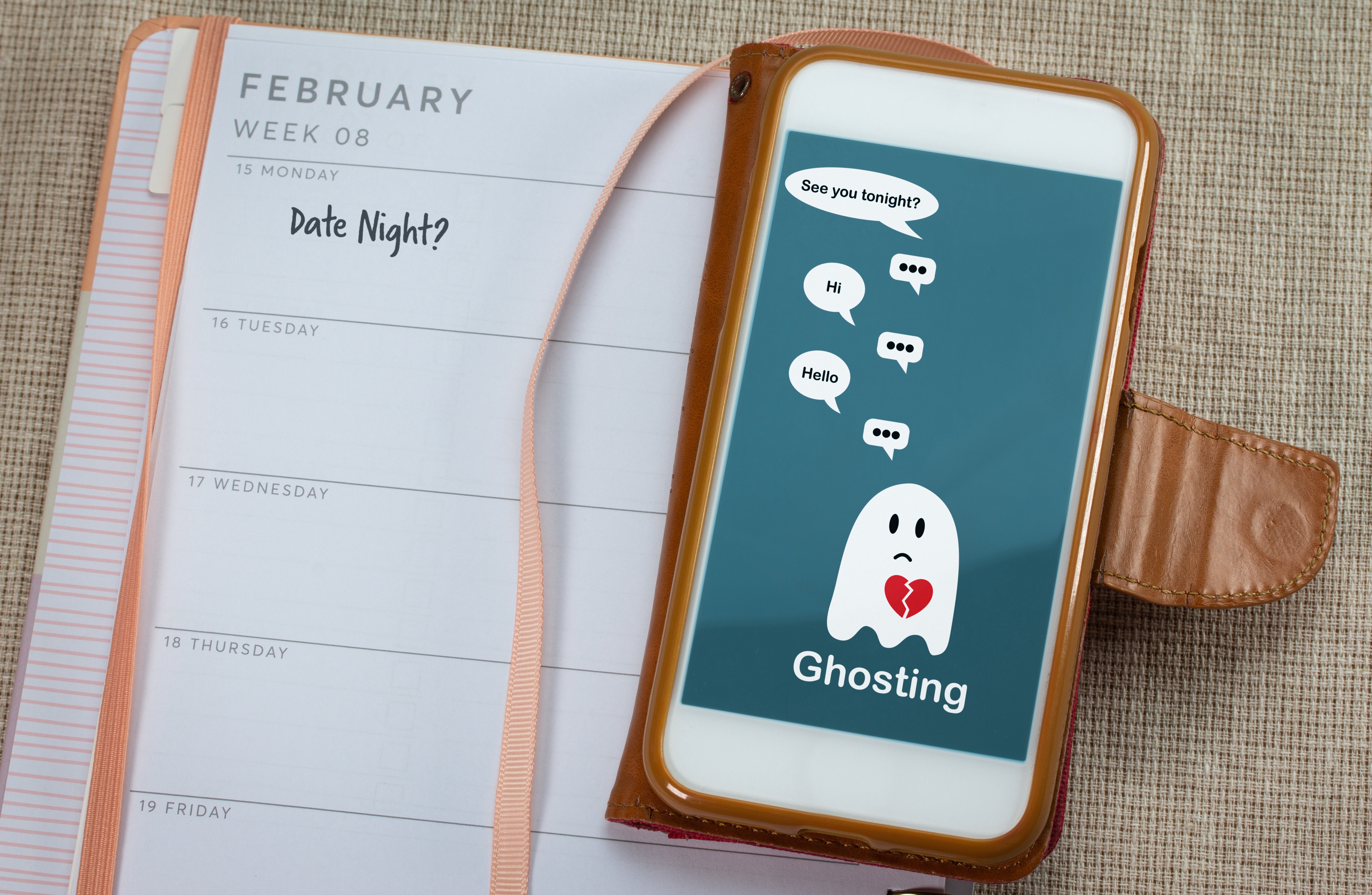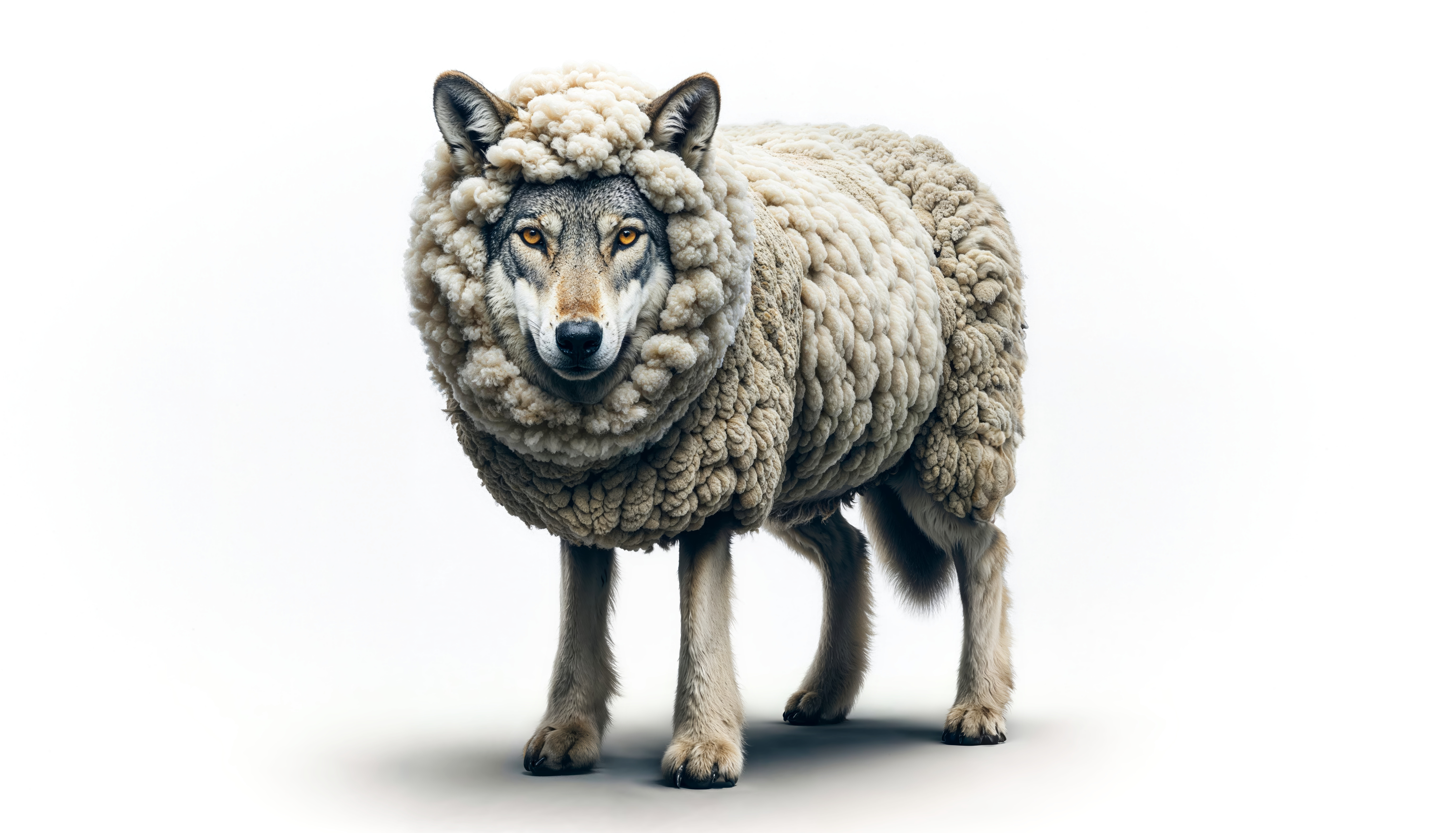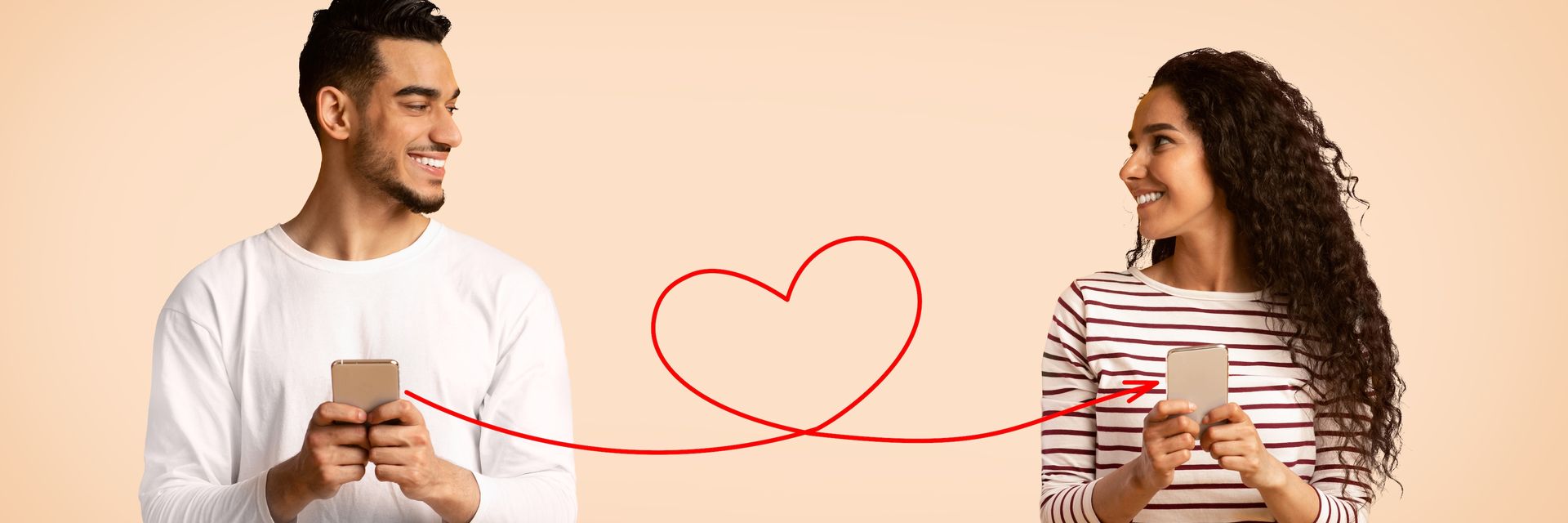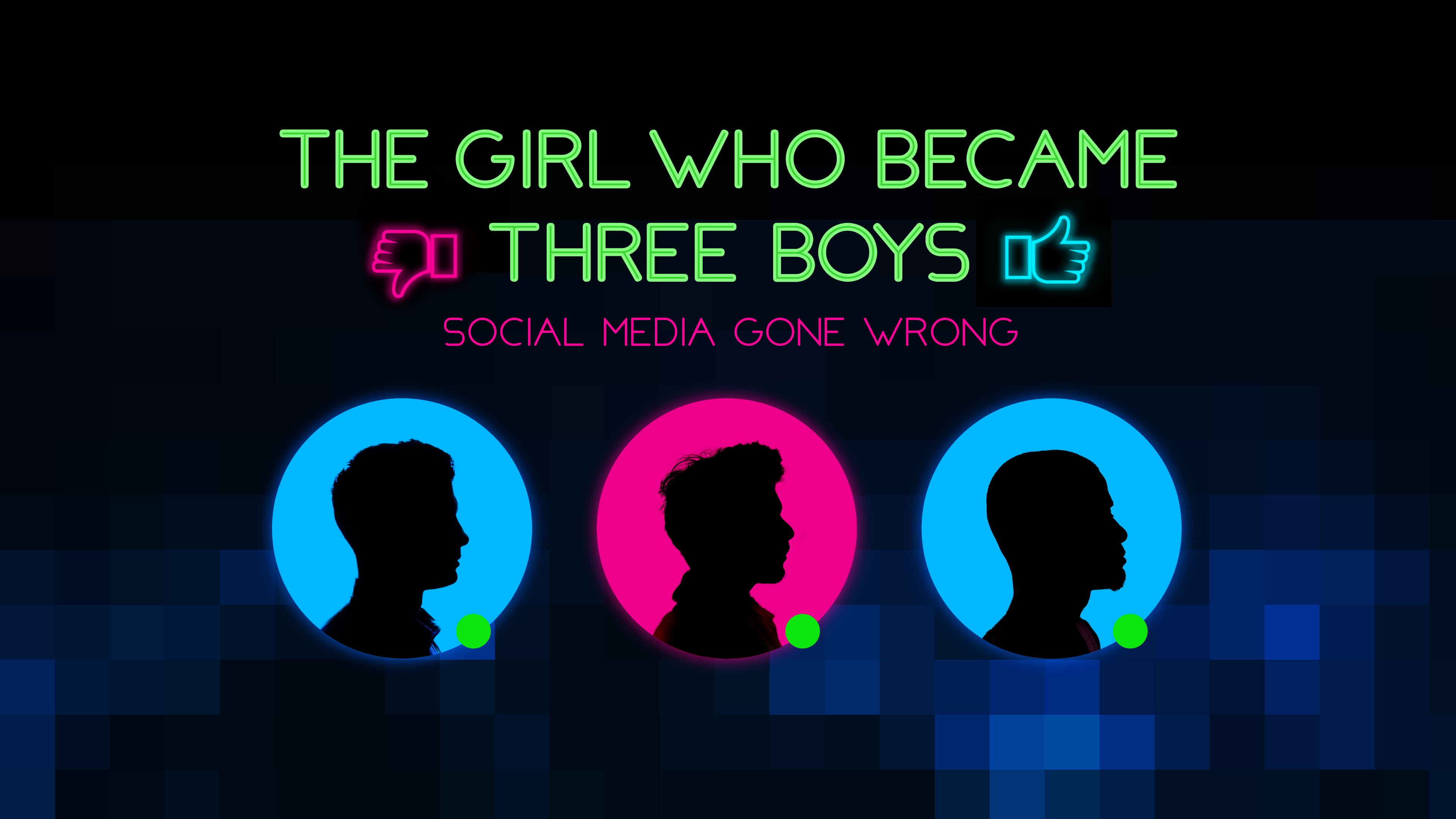Navigating ethical challenges in the digital age is no easier than in days of yore, even if the environment is different.
◊
Once upon a time, in places around the world, marriages were a matter of capture or abduction. Later in history, families arranged marriages that solidified or expanded power and wealth. It had zippo to do with attraction or emotional attachment. Perhaps in an act of rebellion against such arrangements, potential mates formally courted. Like, there was this wooing stuff involving things such as flowers, poetry, or livestock. Of course, that didn’t stop the family-orchestrated marriages, so woe unto you if you were betrothed to one person but loved another.
There are still vestiges of traditional courtship practices, from giving gifts to asking the beloved’s father for permission to marry. Nowadays, however, courtship for lots of people begins with swiping right, finding a match, getting an Icebreaker, and viewing Admirers in your Beeline.
For a real life example of how online dating can go horribly wrong, watch this revealing MagellanTV documentary.
As of 2024, there were more than 1,500 dating apps worldwide. Tinder is tops in the U.S., while Mamba rules the romance roost in Russia. Regardless of the digital tool used, some statistics support the claim that what today’s daters want isn’t different from what people have always wanted, namely sex, some sort of partnership, or both.
First, there were barroom hookups, now there’s Tinder and Grindr. Once there were eyes that locked across a crowded room, now there’s getting hit with Cupid’s virtual arrow. Today’s digital landscape is both an enchanted land of opportunity and an ethical minefield. Then again, that’s nothing new. It’s life.
If the booming business in dating apps is any indication, many people are determined to connect with each other in some form or fashion. In 2023, the digital dating market made almost $8 billion worldwide.
So, what are the dating ethics in the digital age? What, if any, standards of decency apply to the digital realm? Is ghosting today’s version of unanswered letters, and phone calls that go straight to voicemail? It sure seems like navigating ethical problems in the digital age is no easier than in the olden days, even if the environment is different.
It’s Not Cyber-Stalking, It’s Due Diligence!
In the past, opportunities to ask around about someone you like were restricted by your friendship, religious, or workplace circles. If a stranger asked you out, you had two options: Say no or risk an in-person conversation, with all those facial expressions, awkward pauses, intonations, implications, and insinuations. Getting to know someone is hard work. In the digital age, however, you can learn a lot about someone without having to interact with them directly. Better yet, you can do so anonymously.
 (Credit: Adobe Stock)
(Credit: Adobe Stock)
Let’s suppose you made a match on a dating site – call this person Cutie1. What’s Cutie1’s work history? LinkedIn can tell me. Who does Cutie1 hang out with, and what does Cutie1 spend time doing? Head over to Facebook, Instagram, and Twitter (X). A quick Google search might also be in order.
Now, suppose you’ve met, hit it off in person, and are planning to see each other again. Is Cutie1 saying anything about you? A quick tour of social media gives you some good intel, and maybe you can cross-check what you learned at your initial meet-and-greet with Cutie1’s online persona.
Oh No! I’ve Been Ghosted!
Fast forward several months. Things between you and Cutie1 had been going so well. Then, with no warning, the silent yawning maw of an abyss opened up between your texts to Cutie1 and . . . nothing. No response. Shortly thereafter, you break down and try a phone call, only to go straight to voicemail . . . again and again. Oh, my stars, you’ve been ghosted!
In a panic, you scour Cutie1’s social media. You’ve been unfriended, and suddenly Cutie1’s Facebook, Instagram, and even Snapchat are set to private – or you have been officially blocked. Panic morphs into confusion, which bleeds into anger. How dare Cutie1 treat you this way? It’s not just rude, it’s cowardly! It’s disrespectful! It’s downright juvenile!


 (Credit: Adobe Stock)
(Credit: Adobe Stock)
Now the question is how you react. Assuming you still have access, do you troll their social media posts and otherwise harass them? Do you engage in digital trash talk? Do you leak private information? What you choose to do says something about your emotional maturity and either contributes to or undermines the relevant norms of digital dating.
Some Pros and Cons of Digital-Age Dating
On the one hand, dating apps and the digital landscape can be helpful – or at least time-saving. For example, some apps are aimed at the hookup demographic, while others are designed for those seeking relationships. On the other hand, dating apps can be the engines of as much emotional turmoil as the courtship woes in a Shakespearean play.
Dating apps can aid in balancing the scales for people who historically were on the losing end of power structures. (Think Poussin’s Abduction of the Sabine Women, dowries, fathers handing off possession of daughters to the grooms – that sort of thing.) But it’s easier than ever for fraudsters and scammers to fabricate profiles and swindle people.
 The Abduction of the Sabine Women by Nicholas Poussin, c. 1633-34 (Collection of the Metropolitan Museum of Art; photo credit: Wally Gobetz, via Flickr)
The Abduction of the Sabine Women by Nicholas Poussin, c. 1633-34 (Collection of the Metropolitan Museum of Art; photo credit: Wally Gobetz, via Flickr)
Let’s suppose there are some fundamental norms that cut across generational and cultural practices. In other words, even if we now reject certain courtship rituals as promoting gender differences, we might recognize something valuable underlying it. For example, opening a door for someone was once considered gallant, but is now just one way we might be considerate.
When I hold the door open for you, I demonstrate that I acknowledge your existence and implicitly recognize or assume that the reason you’re at the door to a building is likely as important to you as it is to me. Of course, not holding the door for someone does not imply the opposite, unless I purposely cut them off. So, how does this line of thinking play out in the digital realm?
Authenticity, character, and respect are as important and achievable in the digital realm as they are IRL.
Dating apps are digital communities. Part of being a community member is to recognize that the community stands or falls on the way we participate. It’s an informal citizenship. As such, it comes with obligations. These can be generalized to values like honesty and truthfulness, trustworthiness, and respect.
Being Yourself Online: I Am Who I Am
We want to present our best selves. Maybe we embellish our social media image to reflect what we believe our true selves to be. That’s not necessarily bad. After all, we often customize ourselves to suit a role or occasion, like when we have a job interview. But such adjustments should not be fabrications. We should be authentic in all facets of our lives.
Socrates famously declared that “the unexamined life is not worth living.” Many of us believe we know what that good life means, and we move through our lives without any sustained and careful examination of our values. If, for example, I believe myself to be a friend, but I don’t know what friendship is, I might just as easily end up failing to be a friend as succeeding.
So, for Socrates, knowledge and the good life are inseparable. In other words, knowing and being are one and the same. The authentic person pursues self-knowledge. This manifests in the digital dating domain through an honest presentation of what matters to you – and why.
My Character Matters
“Ethics” is derived from the Greek for “character” in the context of “habit.” “Morals” derives from the Latin, “moralis,” for “mores,” which is associated with custom or habit. Consider Aristotle, who thinks being a good (virtuous or excellent) person includes developing the relevant character. So, practicing honesty, for example, develops the truth-telling skill that becomes part of one’s character. In other words, we think of the person as reliably honest.
It’s not, however, a mere habitual response. Knowing that the situation calls for honesty includes judgment – situations are different day-to-day, and it’s sometimes hard to determine what that situation demands; that is, it’s hard to make good judgments. Consequently, someone who isn’t good at being honest is going to have a terrible time under those hazy circumstances.
 Watch out for wolves in sheep’s clothing online. (Credit: Adobe Stock)
Watch out for wolves in sheep’s clothing online. (Credit: Adobe Stock)
Of course, you can’t tell everyone the whole truth all at once. In fact, attempting to tell your life story to strangers on a dating app is probably not prudent – not only because it’s a lot for those strangers to process, but also because there are aspects of our lives that we’re entitled to keep private or share only with those we have come to trust. In the domain of truth-telling, Aristotle’s virtuous person knows what to say – and when.
On the other end of the spectrum is the one who, for no discernible or defensible reason, engages in ghosting. (Remember Cutie1?) Assuming we have all the relevant facts, we can call the ghoster dishonest, cowardly, or disrespectful.
We’re All Worthy
We can argue that we owe each other the respect reflected in, for example, telling a potential match that it’s not going to work. It may be uncomfortable, but we can think about the implications of not doing so. Without knowing otherwise, the purported match may continue to believe that they are going on a date. Sure, there are people who have trouble reading the room. (I’m reminded of Jim Carrey’s character in Dumb and Dumber, who responds to a polite rejection for a date with, “So, you’re telling me there’s a chance.”) But that doesn’t obviate my obligation.
Let’s suppose that no person is fundamentally more valuable than any other. If we thought otherwise – and we know the history of humanity is littered with plenty of examples – we’d have to come up with some standard by which to judge. What would that look like? Could you do that with infants or children? It would be arbitrary, and who gets to say, “You are valuable. You are not”? What about adults who use dating apps? We might not choose this or that person as a potential mate or even friend, but to behave in certain ways on these dating apps is analogous to that arbitrary conferring value.
Ultimately, let’s understand that dating in the digital age does not create new ethical problems. It simply repackages the old ones.
Ω
Mia Wood is a philosophy professor at Pierce College in Woodland Hills, California, and a part time faculty member at Salve Regina University and the University of Rhode Island. She is also a MagellanTV staff writer interested in the intersection of philosophy and everything else. Among her relevant publications are essays in Mr. Robot and Philosophy: Beyond Good and Evil Corp (Open Court, 2017), Westworld and Philosophy: Mind Equals Blown (Open Court, 2018), Dave Chappelle and Philosophy: When Keeping it Wrong Gets Real (Open Court, 2021), and Indiana Jones and Philosophy: Why Did It Have to be Socrates? (Wiley-Blackwell, 2023).
Title image credit: Adobe Stock


